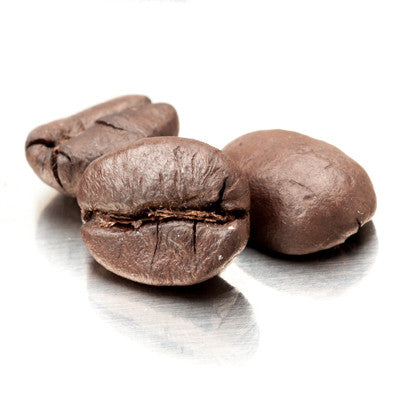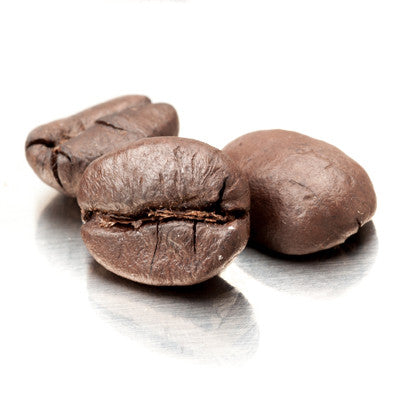Single Origins
Our single origin coffees are roasted in small batches. Browse our highly selective offerings and learn about the coffee's farm and region coffees.
-

$15.00
Visit product page →Currently our roaster is down and we are unable to roast our own coffees. We expect to be up and running and roasting our own coffees in early 2026. We are sourcing our coffee from Ozark Coffee Company in Sedalia Missouri. You are to welcome to order our signiture blends roasted by Ozark Coffee Company or you may order directly from Ozark Coffee Company (https://www.ozarkcoffeeco.com/)
A very nice decaffeinated coffee from Colombia



